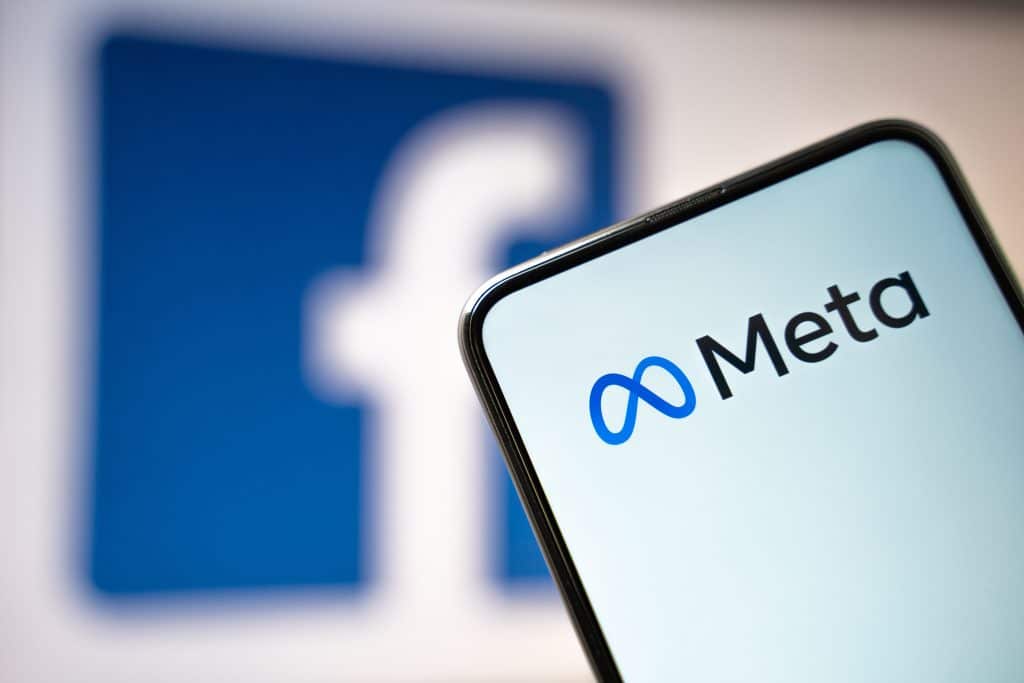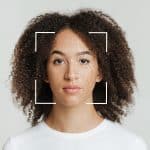Meta cleared to fight ‘celeb-bait’ ads with facial recognition in South Korea

Meta has received a green light from South Korean regulators to introduce a facial recognition service that will block ads and accounts impersonating celebrities on its Facebook platform in a bid to prevent scams and fraud.
The Personal Information Protection Commission (PIPC) announced the results of the preliminary adequacy review for Meta’s service on Thursday. The U.S. tech giant submitted a formal request for a legal review to address privacy concerns in preparation for the service’s launch.
“We will continue to actively operate to ensure that new technology-based services do not conflict with laws and regulations,” a PIPC spokesperson says.
The Facebook and Instagram owner announced the service last October as a way to prevent celeb-bait ads and enable faster account recovery. The ads are often used to bait users into engaging with ads that lead to scam websites, which then ask for money or personal information.
In its decision, the South Korean data watchdog specifically mentions ads using celebrity faces to promote investing in stocks. The facial recognition service is also supposed to reduce the damage of deepfakes.
The social media giant is threading carefully in South Korea after several clashes with data regulators.
Celebrities can register for the new facial recognition service as protected individuals with Meta, allowing the company to store their facial data to detect impersonation. The service will be voluntary.
South Korean regulators noted that Meta will be required to delete facial information immediately after one-time processing, while the company will also be required to submit supporting documents such as server logs. The facial data cannot be used for any other purpose aside from confirming that a person is a celebrity. Meta will also have to clearly state to its users that images or public profile photos may be processed for detection purposes.
In 2021, Meta received a 6.46 billion won (US$5.5 million) fine for creating and storing facial recognition templates from 200,000 local users without proper consent. The company was also fined 26 million won ($22,000) for illegally collecting ID numbers (Resident Registration Numbers).
Last year, Meta received another 21.6 billion won ($15 million) penalty from PIPC for illegally collecting sensitive personal information from Facebook users, including political views and sexual orientation, and sharing it with thousands of advertisers.
Article Topics
biometrics | data protection | face biometrics | Facebook | facial recognition | Meta | Personal Information Protection Commission (PIPC) | South Korea







Comments